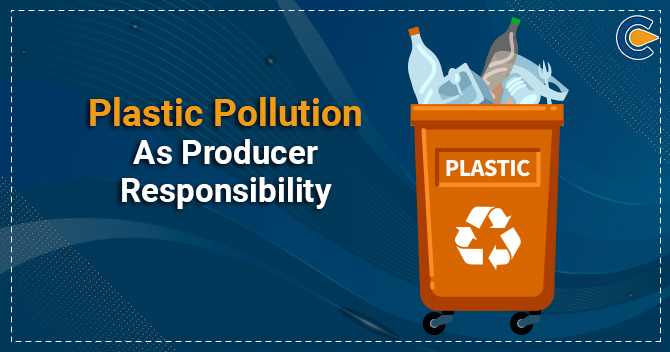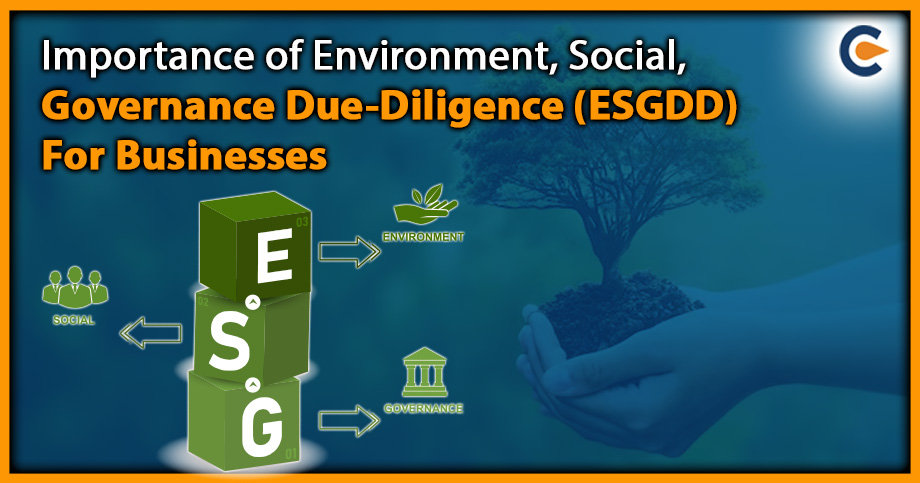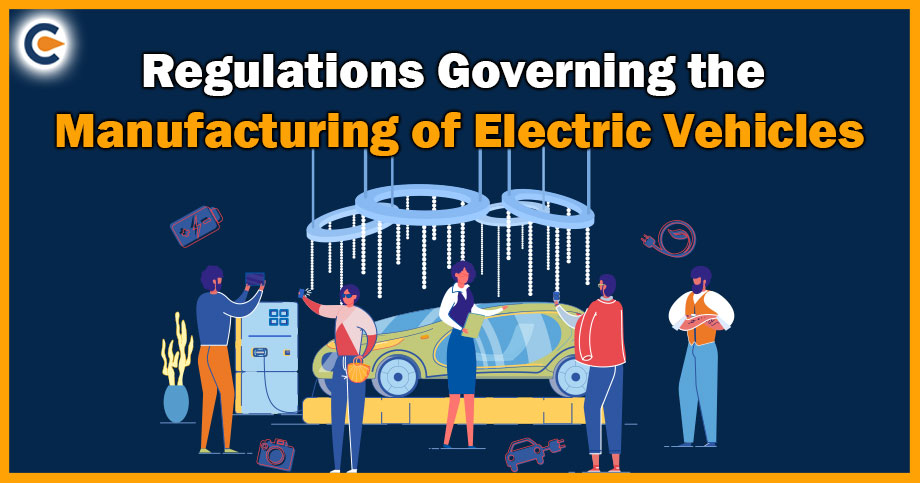Plastic is inexpensive to produce; it is also durable and extremely flexible. About 12 million metric tonnes of plastic are thrown every year into the ocean. Most of the plastic is produced in the USA. Producer Responsibility is widely accepted worldwide and has a successful impact on the environment. It has increased the collection, recycling, and reuse of the products that they cover. Producer responsibility was mostly introduced for the hazardous product and those products which are not so easily disposable. It is the producer’s responsibility to have a check on plastic pollution.
Introduction to Plastic Pollution
Plastic pollution is totally the result of humans, and so humans will only have the solutions for the problems caused by plastics. Plastic Waste come from Packaging, building & construction, textiles, consumer & Institutional products, transportation, electrical/ electronic products, industrial machinery, and other sectors.
Plastics are used in many applications such as automobiles, healthcare, etc., but most importantly, they are widely used for Packaging. Plastics are used for packaging eatables and non-eatables. The reason plastics are used in such a massive number is that they are easy and convenient to carry, flexible, durable, and, more importantly, they are cheap. The value that plastics provide in human life is indispensable. But this invaluable use of plastics comes with bigger problems. The benefits which we take from the use of plastics are handicapped due to poor plastic waste management. Plastic clogs the drains, cause multiple health issues, and also affect our marine lives and water resources. The plastic is thrown away the moment something is unpacked; they need to be managed properly. There is a high need for appropriate guidelines for the use, production, recycling, and disposal of plastics. Plastics are impacting both natural as well as man-made environments. They are not only affecting the environment but also animals and humans.
Plastic pollution has become one of the perilous environmental issues in the world. The non-disposable plastic products are rapidly growing globally, and waste management has no appropriate measures for it. Plastic waste management is inefficient and non-existent, especially in Asia and Africa.
Plastic is a polymeric material, so its molecules are huge, and it does not persist in the environment. The plastic has defected the natural decay process, and it is nonbiodegradable. Plastics are mainly deposited improperly in open land. Landscapes littered with plastics have become one of the common parts of our environment. Plastic also pollutes through the release of compounds used in manufacture.
Plastic pollution as Producer Responsibility
Extended producer responsibility, commonly known as producer responsibility, has defined the shift of responsibility of pollution management to the producers, especially for plastic pollution. The two main goals set by the EPR are:
- Reducing the responsibility of waste management on municipalities and shifting it to the producers.
- Providing invectives to manufacturers to create products that have a low impact on the environment
EPR has distributed the cost efficiency related to investment and operational plastic pollution management, including plastic Packaging. The whole cost of plastic waste management has been divided, and now it is partially controlled by the producers (producing industry). It is a great advantage for developing countries because they lack a proper waste management system and plastic pollution control system.
There are three parties which bear the responsibility for plastic pollution: The government, the producer and the consumer. The Government enforces the rules and regulations regarding plastic waste management and control of plastic pollution. Consumers always fail at controlling plastic pollution despite an adequate number of separate garbage bins provided to them, and they throw plastic waste on roads or in the open. So, the best is to put the responsibility on the producer to keep a check on plastic pollution. The system is made by EPR, where the one who owns the plastic has to get them back after they are used to keep a check on plastic pollution. The products are returned back to the producing units so that the raw materials can be recycled and reused.
Ministry of Environment, Forest[1] and Climate Change issued the guidelines on producer’s responsibility related to plastic pollution under the Plastic Waste Management Rules, 2016. It has prohibition of identified single-use plastic products because they have low utility and high littering potential. The guideline has a roadmap for any entity to move toward sustainable plastic Packaging. The guidelines mainly focus on the circular economy of plastic waste, the development of plastic alternatives, and sustainable plastic packaging. Reuse plastic packaging products and reduce the use of plastic materials for Packaging. The guidelines have set up a market mechanism for managing plastic waste and plastic pollution.
Before EPR, the producer’s responsibility was limited to the production process and their product safety during the use. The extended producer responsibility has shifted the responsibility till the end of life of the plastic. The EPR will be implemented by an online platform that will track and monitor EPR obligations and reduce the burden on companies/entities through online registration.
The Central Government implemented the concept of polluter pay principles to levy environmental compensation. One who will not fulfill the extended producer’s responsibility to improve and protect the environment and prevent plastic pollution.
WWF has set a goal of no plastic by 2030. The main focus of WWF EPR are followings:
- Initiate and facilitate the pre-organization by engaging companies, governments, and relevant stakeholders in preparation for founding a system operator.
- Develop a study based on science and analysis with recommendations from Government and other companies/entities related to plastic waste management/plastic pollution, EPR, etc.
- The facilitation of exchange and sharing of practices and experience amongst the one dealing with plastic pollution and other countries.
- Building up the capabilities and awareness to focus on the problem and deal with it.
Conclusion
Plastic pollution is the biggest pollution problem that the world faces in this era of development. Plastic has a non-disposable nature which makes it tougher to recycle and reuse. Plastic Waste Management has become the biggest challenge for the world right now. So, the authority has decided to shift the burden of pollution control from the consumers to the manufacturers or the producers. Because the used plastics are not decomposable and affect the environment, including the water resources, adversely, it has an ill effect on the animals and humans. And so, the EPR system was introduced. The EPR aims to shift the responsibility to producer companies or industries. Earlier the responsibility of the producers was limited to the safety till the use, but now the responsibility has been increased, and now they are responsible for it till the end of the existence of the plastic products. The producers have to use such material now, which makes these plastics more recyclable and reusable.
Read our Article:An Overview of Single Use Plastic Ban in India











